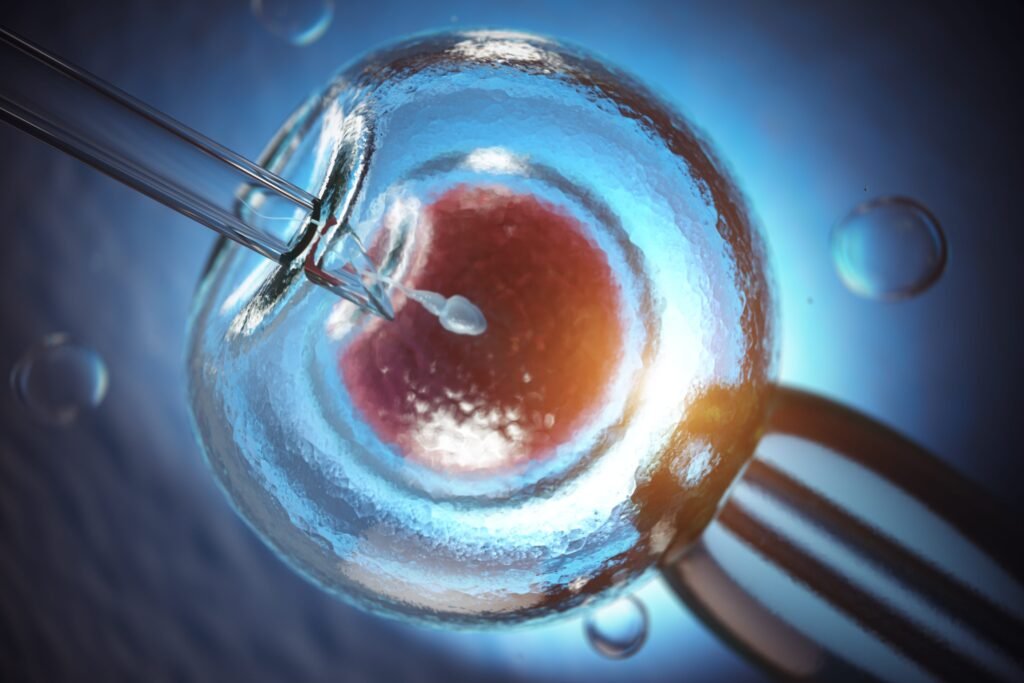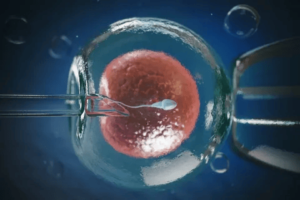ICSI Introduction
When it comes to fertility treatments, the landscape can be overwhelming. Acronyms like ICSI (Intracytoplasmic Sperm Injection) may sound like a mouthful, but understanding the intricacies of this procedure can be crucial for those navigating the challenges of infertility. In this article, we delve into the world of ICSI, exploring not only what it is but also shedding light on the costs associated with this fertility treatment.

What is ICSI?
ICSI, or Intracytoplasmic Sperm Injection, is a specialized form of in vitro fertilization (IVF) designed to address various fertility issues. Unlike traditional IVF where sperm and eggs are mixed and left to fertilize on their own, ICSI takes a more hands-on approach. In this procedure, a single sperm is directly injected into an egg, facilitating fertilization in cases where natural methods prove challenging.
ICSI Procedure
Understanding the ICSI procedure requires a step-by-step breakdown. First, ovulation induction is initiated to stimulate the ovaries and produce multiple eggs. Subsequently, egg retrieval takes place, where a specialized needle retrieves eggs from the ovaries. Simultaneously, sperm collection occurs, with the best-quality sperm selected for the next crucial step—the injection of a single sperm directly into an egg. Once fertilization is successful, the resulting embryos are transferred to the uterus, completing the ICSI process.
- Ovulation Stimulation:
- The woman undergoes ovarian stimulation with fertility medications to produce multiple eggs.
- Egg Retrieval (Oocyte Retrieval):
- Once the eggs are mature, a minor surgical procedure called follicular aspiration or egg retrieval is performed.
- A thin needle is inserted through the vaginal wall to aspirate the eggs from the ovarian follicles.
- Sperm Collection:
- A sperm sample is collected from the male partner or a sperm donor.
- Sperm Preparation:
- The collected sperm is processed and prepared in the laboratory. This involves selecting the healthiest and most viable sperm.
- Microinjection:
- A single sperm is selected and injected directly into a mature egg using a fine glass needle in a process called microinjection.
- Culture of Embryos:
- The fertilized eggs (embryos) are cultured in a special incubator for several days to allow development.
- Embryo Transfer:
- One or more healthy embryos are selected and transferred into the woman’s uterus. This is typically done 3 to 5 days after fertilization.
- Luteal Phase Support:
- Hormonal medications are often given to support the luteal phase of the menstrual cycle and facilitate embryo implantation.
- Pregnancy Test:
- A pregnancy test is conducted to determine if the procedure was successful.
When is ICSI Recommended?
ICSI isn’t a one-size-fits-all solution. It’s recommended in specific cases, such as male factor infertility, where issues with sperm quality or quantity hinder natural fertilization. Additionally, individuals who have experienced previous IVF failures or have concerns about genetic factors may find ICSI to be a viable option.
Success Rates of ICSI
Examining success rates is pivotal for those considering ICSI. Statistical data indicates that success is influenced by various factors, including the age of the woman, the quality of both eggs and sperm, and the expertise of the clinic performing the procedure. Seeking guidance from a fertility specialist can provide a more personalized understanding of potential success.
As of my last knowledge update in January 2022, the success rates for ICSI could range from around 40% to 80%, depending on the specific circumstances of each case. However, it’s crucial to consult with a fertility specialist or refer to the most recent data from fertility clinics or authoritative sources for the latest and more accurate information.
Success rates may be influenced by factors such as the quality of the sperm and eggs, the woman’s age, the presence of any underlying reproductive issues, and the overall health of the individuals involved. Fertility clinics often provide their success rates, and these can vary between clinics.
For the most up-to-date and accurate information on ICSI success rates, it’s recommended to consult with a fertility specialist or refer to recent publications and reports from reputable fertility organizations and clinics. Keep in mind that success rates can vary widely, and individual experiences may differ.
However, it’s crucial to consult with a fertility specialist or refer to the most recent data from fertility clinics or authoritative sources for the latest and more accurate information.
Success rates may be influenced by factors such as the quality of the sperm and eggs, the woman’s age, the presence of any underlying reproductive issues, and the overall health of the individuals involved. Fertility clinics often provide their success rates, and these can vary between clinics.
For the most up-to-date and accurate information on ICSI success rates, it’s recommended to consult with a fertility specialist or refer to recent publications and reports from reputable fertility organizations and clinics. Keep in mind that success rates can vary widely, and individual experiences may differ.
ICSI Cost Breakdown
The financial aspect of ICSI is a significant consideration for many. The cost varies, influenced by factors such as geographic location, clinic reputation, and additional services included. On average, individuals can expect to invest between 750,000 to 850,000 for a complete ICSI cycle. It’s crucial to inquire about specific cost breakdowns and potential additional fees during initial consultations.
Considerations and Risks
Beyond the procedural details and financial considerations, individuals undergoing ICSI should be aware of the emotional and physical toll it may take. Counseling and support services are often integral to navigating the complex journey of fertility treatments. Additionally, understanding potential risks and complications can empower individuals to make informed decisions about their reproductive health.
Conclusion
In conclusion, ICSI stands as a remarkable solution for those facing fertility challenges. This intimate approach to fertilization offers hope to individuals and couples striving to build their families. By understanding not only the procedure itself but also the associated costs, one can embark on the ICSI journey with a clearer perspective. Remember, seeking guidance from experienced fertility professionals is the first step toward realizing the dream of parenthood.
Thanks to 24x7guestpost.info
